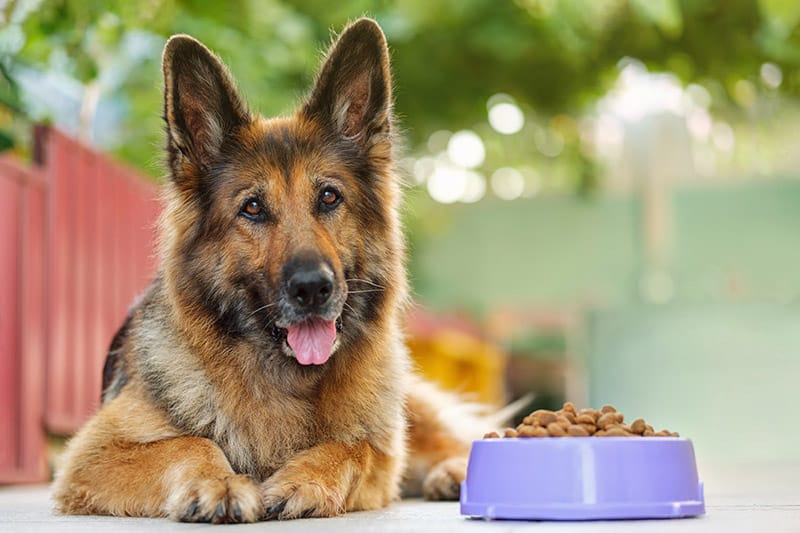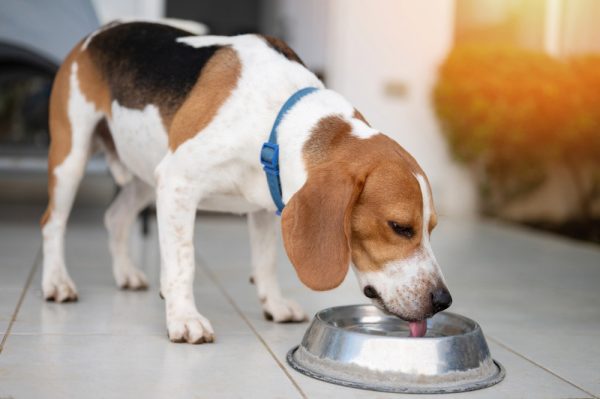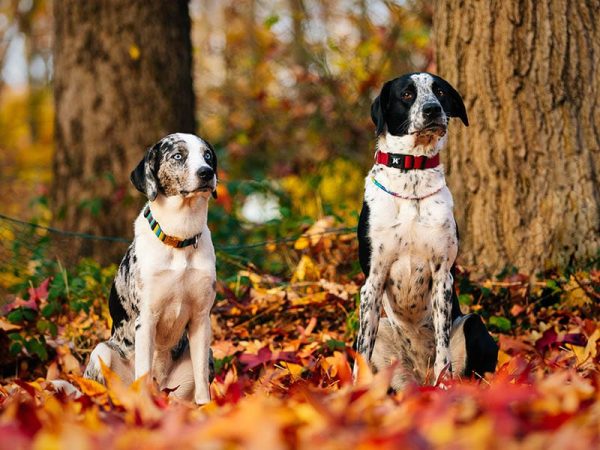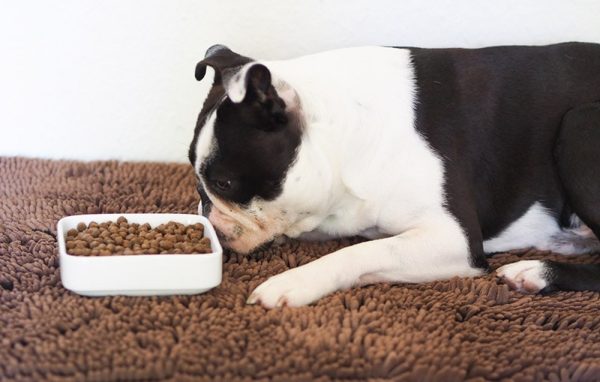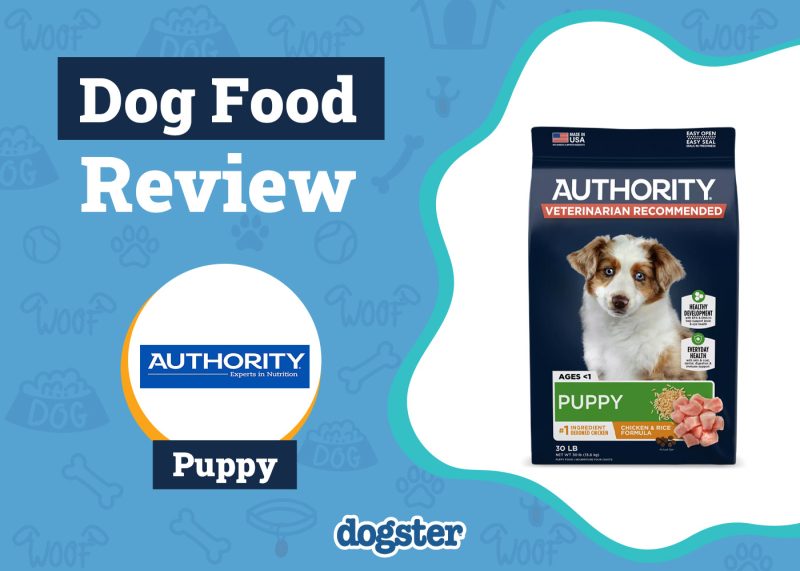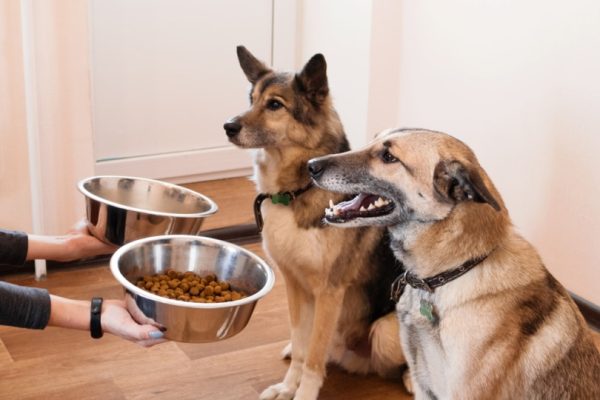In this article
Note from editor to vets: Just a heads up that it was hard to find many reliable sources for this specific topic. I tried to remove anything that wasn’t accurate, but again, finding credible sources for some things was a challenge, so the sources list is very short. It seems the writer did pull some information from sources that we don’t consider reliable, but I think they did the best they could with what was available.
Are dogs capable of burping? It’s a question that has sparked intrigue among pet owners and dog lovers for years. While burping is perhaps more commonly associated with people, some owners have observed their furry companions emitting peculiar sounds, especially after a hearty meal. It turns out dogs can burp, but too much can be a cause for concern. Read on to uncover the truth behind the mysterious noises from your dog.

The Science Behind Burping
Burping is a natural bodily function for many animals, as well as humans. This action allows excess air in the digestive system to escape. We frequently burp after consuming fizzy drinks or swallowing excessive amounts of air while eating, for example. Your dog may not drink soda, but similar scenarios, such as ingesting too much air while eating, can occur in canines as well.
Burping occurs when the lower esophageal sphincter (a muscle at the bottom of the food pipe) relaxes, allowing air to escape from the stomach up through the esophagus and back out of the mouth. The process of swallowing air, known as aerophagia, is a common cause of burping.
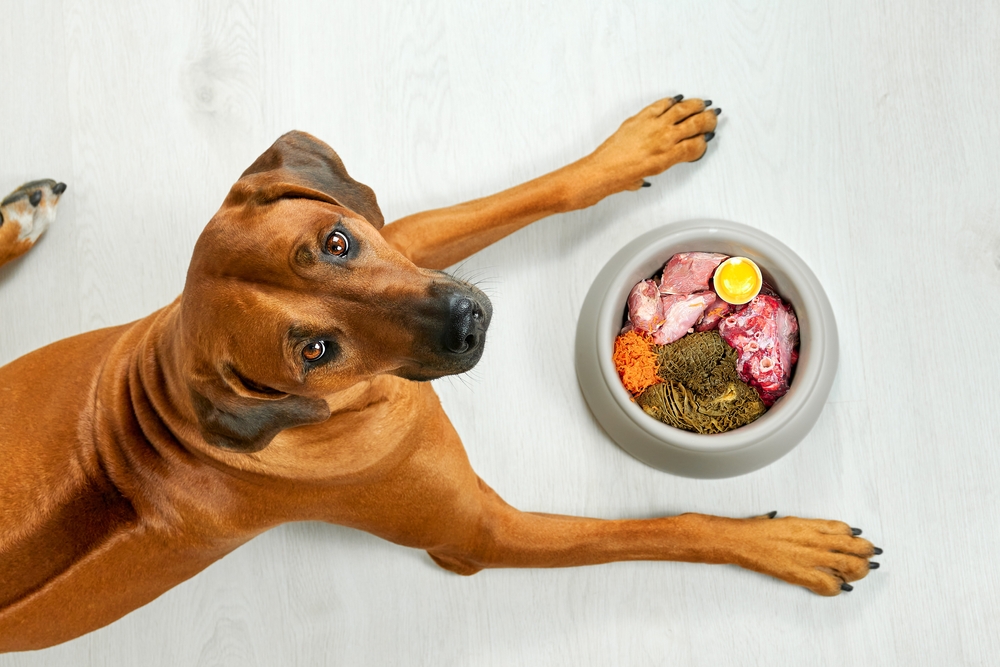
What Causes Dogs to Burp?
While burping is a natural process in humans, it is not as common in dogs. Although dogs can and do burp from time to time, it can sound different (quieter even) to ours, but not always. In dogs, a few odd burps here and there are completely normal and nothing to be concerned about unless other signs are present alongside it.
Sometimes, burping, particularly if it is excessive or is increasing in frequency, can be a sign of an underlying health issue with the digestive system, and this will require your veterinarian to examine your dog and investigate and treat the cause.
Understanding the common causes of dog burping can help you address the issue and alleviate any discomfort they may be experiencing.
- Aerophagia: When dogs consume their meals or drink water too quickly, they are more likely to swallow air along with their food or water, leading to excess gas in their digestive system.
- Diet: Certain types of dog food may contain ingredients that can cause gas or indigestion, leading to burping.
- Brachycephalic dogs (flat-faced dogs): Dogs, such as Pugs and French Bulldogs, may be more prone to burping, as they may consume more air when eating.
- Food allergies: If your dog has a food allergy or food sensitivity and is consuming that food, this can cause burping.
- Gastrointestinal issues: Underlying gastrointestinal (digestive) issues, such as acid reflux, irritable bowel disease, certain cancers, or gastritis, can cause dogs to burp. These conditions will require veterinary attention to manage and treat effectively.
- Stress or anxiety: Dogs experiencing stress or anxiety may exhibit behaviors such as rapid eating or drinking, which can lead to burping. Addressing the underlying cause of their stress will help alleviate the burping issue.
- Bloat: It is possible that a dog will burp during the early stages of bloat. Bloat happens when a dog’s stomach is filled with too much food, gas, or fluid and twists, thus putting pressure on the other organs, which interferes with blood flow and breathing. This is a potentially fatal condition that requires urgent help from a vet.
How to Prevent Your Dog From Burping
While it may not be possible to completely eliminate dog burping, there are steps you can take to minimize it.
- Slow down mealtime: Encourage your dog to eat slowly by using puzzle feeders or slow feeders. This can help prevent them from gulping down their food too quickly and swallowing excessive air.
- Adjust their diet: If you suspect that your dog’s diet is contributing to their burping, consider switching to a high-quality, easily digestible dog food. Avoid feeding them foods that are known to cause gas, such as those high in starches. If they have known food allergies, be sure none of the allergens are being fed accidentally.
- Regular exercise: Regular exercise can help improve digestion in dogs and reduce the likelihood of excessive gas accumulation. Take your dog for daily walks or engage them in active play sessions to keep their digestive system functioning optimally.
- Stress management: If your dog exhibits signs of stress or anxiety, work on addressing the underlying causes and providing them with a calm and secure environment. This can help prevent rapid eating or drinking, which can lead to burping. If necessary, enlist the help of a trainer or behaviorist to get to the root of the problem causing the angsty behavior.
When to Be Concerned About Dog Burping
While occasional burping in dogs is generally considered normal, there are instances where excessive or persistent burping may be a cause for concern. If you notice any of the following signs, it’s advisable to consult with your veterinarian.
- Frequent or excessive burping: If your dog is burping excessively or more frequently than usual, it could be a sign of an underlying digestive issue that requires veterinary attention.
- Change in behavior: If your dog shows signs of discomfort, such as restlessness, loss of appetite, or lethargy, in addition to burping, it could indicate a more serious condition that needs medical evaluation.
- Vomiting: If your dog is experiencing frequent vomiting or is nauseous along with burping, it may be a sign of a gastrointestinal problem that requires immediate veterinary care, particularly if they are burping with non-productive vomiting, as this can indicate a more serious condition called bloat or gastric dilatation-volvulus (GDV).
- Abnormal feces: If you notice changes in your dog’s poop, such as diarrhea or feces containing mucus or blood, in addition to excessive burping, it could be an indication of a gastrointestinal issue that needs prompt attention.
If your dog is showing any of these signs and you are seeking the best possible treatment for your pup, we recommend speaking with a vet.
If you need to speak with a vet but can't get to one, head over to PangoVet. It's our online service where you can talk to a vet online and get the advice you need for your dog — all at an affordable price!
Treating Excessive Dog Burping
The treatment for excessive dog burping depends on the underlying cause. If your dog’s burping is due to dietary factors, adjusting their diet may be sufficient to alleviate the issue. However, if the burping is a result of an underlying health condition, veterinary intervention may be necessary.
A veterinarian will perform a thorough examination of your dog and may recommend additional tests, such as blood work or imaging, to identify the root cause of the burping. However, the best course of treatment is to prevent excessive gas in the first place by ensuring your dog has a healthy digestive system.

Tips for a Healthy Digestive System
Maintaining a healthy digestive system forms part of your approach to controlling or preventing burping.
1. Provide a Balanced Diet
Feed your dog a high-quality, nutritionally balanced diet that suits their age, breed, and specific dietary needs. Avoid sudden changes in diet, as it can disrupt their digestive system.

2. Portion Control
Ensure you are feeding your dog the appropriate amount according to their weight and the food manufacturer’s guide. Avoid offering table scraps.
3. Regular Exercise
Regular exercise helps stimulate the digestive system and promotes healthy bowel movements. Daily exercise and playtime to keep your dog active and their digestion functioning optimally should be the norm.
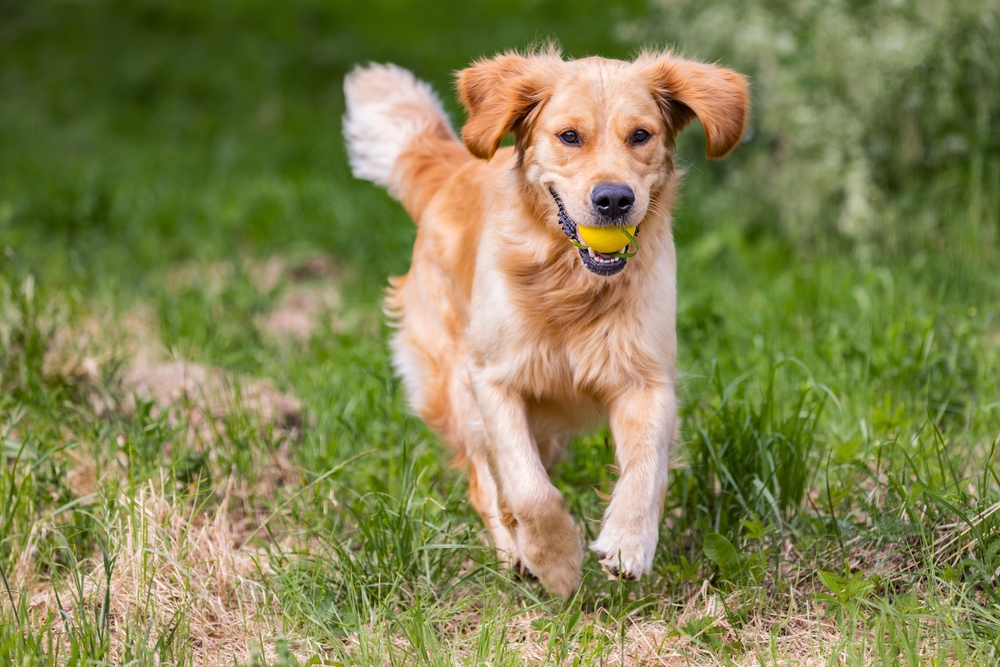
4. Regular Veterinary Check-ups
Regular visits to your vet can help identify any underlying health conditions that may affect your dog’s digestive system, such as parasites.

Conclusion
Dogs, like humans, can burp, albeit not as often. Rapid eating, swallowing air, dietary choices, a poorly functioning digestive system, and other underlying health conditions can all contribute to your dog burping. It is important to monitor patterns and seek veterinary advice if you notice any concerning signs or changes in behavior. Remember, a happy and healthy dog starts from the inside!
See Also:
- Why Does My Dog Burp in My Face? 4 Vet-Reviewed Causes
- Why Does My Dog Burp So Much? Vet-Reviewed Causes & When to Worry
Featured Image Credit: Snezhana_G, Shutterstock
